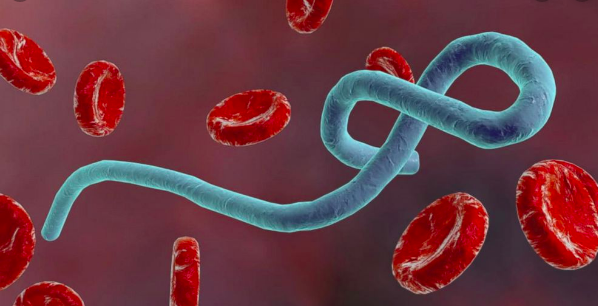The University of Macau (UM) announced today that two Ebola virus drug candidates discovered by Faraz Mohammadali Shaikh, a PhD student from its Faculty of Science and Technology (FST), have been validated by the University of Oxford.
In a research study conducted under the guidance of Assistant Professor Shirley Siu Weng In from the FST, Shaikh computationally screened a traditional Chinese medicine-derived library of nearly 2.5 million compounds against the Ebola glycoprotein, from which he identified eight candidates with potential inhibitory effects on Ebola infectious activities.
These two compounds were now validated by collaborators from the University of Oxford to show strong activity against viral entry, with the discovery published in the Journal of Medicinal Chemistry.
The Ebola Virus Disease (EVD) is a rare and deadly disease most commonly affecting people and nonhuman primates, and cause fever, body aches, and diarrhea, and sometimes uncontrollable bleeding inside and outside the body.
It spreads to people through direct contact with bodily fluids of a person who is sick with or has died from the disease, and its average case fatality rate is around 50 per cent.
Shaikh was also awarded the Carl Storm International Diversity Fellowship, which sponsored him to attend the 2019 Computer-Aided Drug Design Gordon Research Seminar and Conference in the United States to present his findings, with Shaikh beng the only PhD student from an Asian university invited to speak at the seminar.
The PhD student has also presented his work on LigTMap, a novel computational workflow designed to rapidly identify protein targets upon which a small molecule could induce effects




















